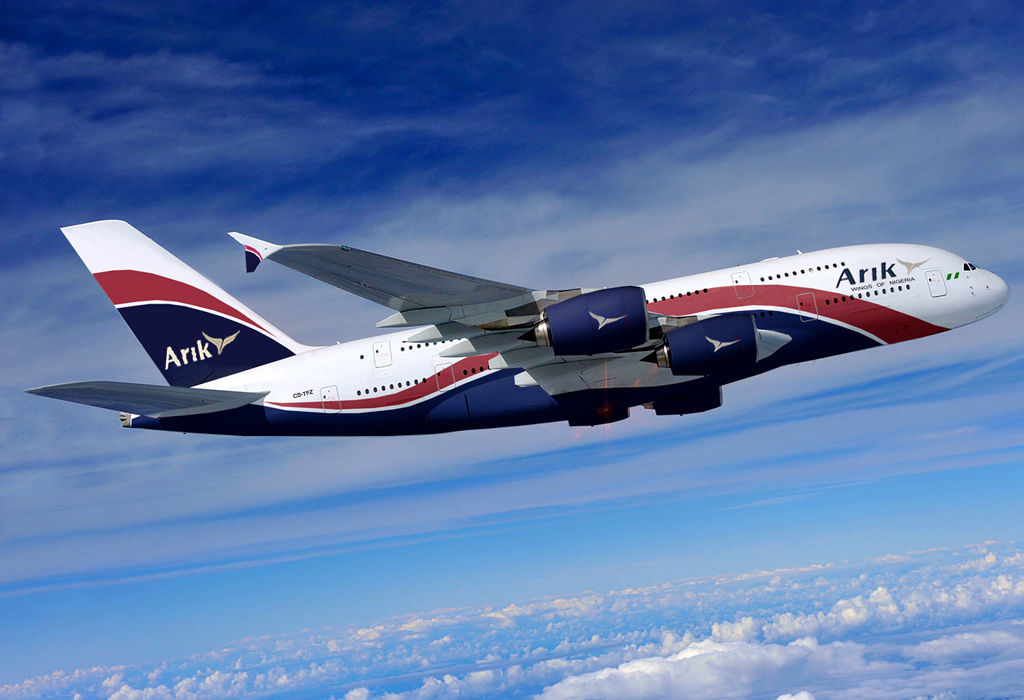- New Landing Systems Approved for 11 Airports
Smarting from nationwide flight disruptions last December and early January, the Federal Government has concluded plans to deploy new Instrument Landing Systems (ILS) in at least 11 airports nationwide.
The equipment, valued at several millions of dollars, will put an end to flight disruptions during harmattan season and other inclement weather conditions.
Managing Director of Nigerian Airspace Management Agency (NAMA), Capt. Fola Akinkuotu, confirmed that the Federal Government had already made an order for ILS to go round the designated airfields and more.
An Instrument Landing System (ILS) enables aircraft to land if the pilots are unable to establish visual contact with the runway. It does this by way of transmitted radio signals.
According to experts, the system operates as a ground-based instrument approach system that provides precision lateral and vertical guidance to an aircraft approaching and landing on a runway, using a combination of radio signals and, in many cases, high-intensity lighting arrays. This enables a safe landing during Instrument Meteorological Conditions (IMC), such as low ceilings or reduced visibility due to fog, rain, or blowing snow.
Recall that domestic flights operations were on lockdown for several days last December due to envisaged harmattan haze. While more sophisticated wide-bodied foreign aircraft manoeuvred the haze, their domestic counterparts were grounded at airports across the country.
Akinkuotu, while conducting journalists round the upgraded navigational equipment at the Kaduna International Airport (KIA) recently, noted that visibility at many of the aerodromes are bad and the essence of deploying new ILS is to completely change the narrative.
He said: “Come December this year, there should be no excuse of aircraft not landing in harmattan.”
Among the airports to benefit from the critical safety tools are the Murtala Muhammed International Airport, Lagos, Port-Harcourt International Airport, Ibadan Airport, Benin Airport, Nnamdi Azikiwe International, Abuja and Minna Airport among others.
According to Akinkuotu, “There are 11 ILSs that are going to be installed. They are brand new. Don’t let us forget that they are going to recover some items. Lagos has an ILS; I think Ibadan too is going to get newer ones. So, whatever we recover, we can put them in some other places. I would expect that over time when the materials, assets are in, we should be able to do not less than 18 fields.”
The plan is in line with the assurance given by the Minister of State for Aviation, Hadi Sirika, that efforts were ongoing to keep improving all the airports amidst plans to have them concessioned in batches.
Sirika, in an interview with The Guardian, said there are plans to fix the whole airports, creating more activities around them to make them viable, attractive and bankable.
Currently, only very few aerodromes out of the 24 airports in Nigeria have airfield lighting and ILS.
The NAMA boss explained that there are two basic sets of costs associated with an ILS. They are installation costs, purchase of equipment, site surveying and preparation and upkeep costs.
“People forget that the latter doesn’t simply mean keeping the system in good repair; it also carries with it the requirement to regularly inspect the system to ensure it is operating within proper tolerances. The localiser provides guidance in lateral dimension on the lateral plain. Cooling is essential for this component,” he said.
He further said that with the new ILS in place, airplanes can land in zero visibility as long as they have corresponding equipment on-board their airplanes.
“What it means is that there would be all year flying in this place irrespective whether it is dust haze or early morning mist. I can guarantee you can do all year round flights in this place.
“The challenges in Port-Harcourt are different. In Port-Harcourt, every morning, it is very difficult to fly into Port-Harcourt Airport; that is why you find many airlines not going to Port-Harcourt before 8 am. Low clouds are there. The more sophisticated instrument landing systems you have, the easier it is for you to land.
“We have capability to land in zero condition; that is, you don’t see anything. If you are willing to pay for it not only in the equipment but the aircraft must properly be equipped; people have to be trained, power has to be regular at the airport,” Akinkuotu said.


 Forex3 weeks ago
Forex3 weeks ago
 Naira3 weeks ago
Naira3 weeks ago
 Billionaire Watch2 weeks ago
Billionaire Watch2 weeks ago


 Naira3 weeks ago
Naira3 weeks ago




 Naira2 weeks ago
Naira2 weeks ago




 Naira1 week ago
Naira1 week ago




 Naira4 weeks ago
Naira4 weeks ago
 Banking Sector4 weeks ago
Banking Sector4 weeks ago























